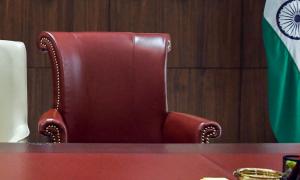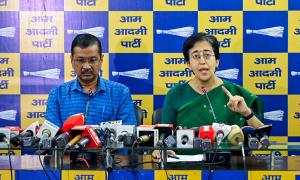Under Para 6 of the Doha Declaration, in case of a public health crisis poor countries with inadequate or no drug manufacturing facilities, can import medicine which is patented and, hence, expensive by issuing a licence to a low-cost supplier.
The importing country as well as the exporting country will have to inform the TRIPS Council about such a compulsory licence being issued.
All complaints against the licence can be brought to the TRIPS Council. Complaints can also be lodged with the director general of the Trips Council.
Companies that supply medicine under the compulsory licence need to ensure that their medicine is distinct from the patented drug in appearance.
This is to check the diversion of the drug from the country which has issued the licence to other markets. Companies such as Novartis, GlaxoSmithKline and Bristol Myers Squibb already follow such a dual product policy.
Countries such as Australia, Austria, Belgium, Canada, Denmark, Finland, France, Germany, Greece, Iceland, Ireland, Italy, Japan, Luxembourg, Netherlands, New Zealand, Norway, Portugal, Spain, Sweden, Switzerland, United Kingdom and US have opted out of the list of countries which can issue such a compulsory licence.
Indian pharma companies are concerned
Indian pharmaceutical companies, which have made a mark in the global generics business, feel that the procedures laid down can discourage such exports and producing a drug distinctively different from the innovative product will raise production cost, thereby defeating the purpose of the compulsory licence.
Government claims victory
The Indian government says that compulsory licencing is a humanitarian gesture for poor companies and should not be seen as a money-making proposition by Indian corporates.
In addition, the TRIPS Council needs to be informed only after the licence has been issued.
In other words, it is not involved in the issuing of a compulsory licence.
Also, altering the appearance of a drug requires minimal investments.








More from rediff